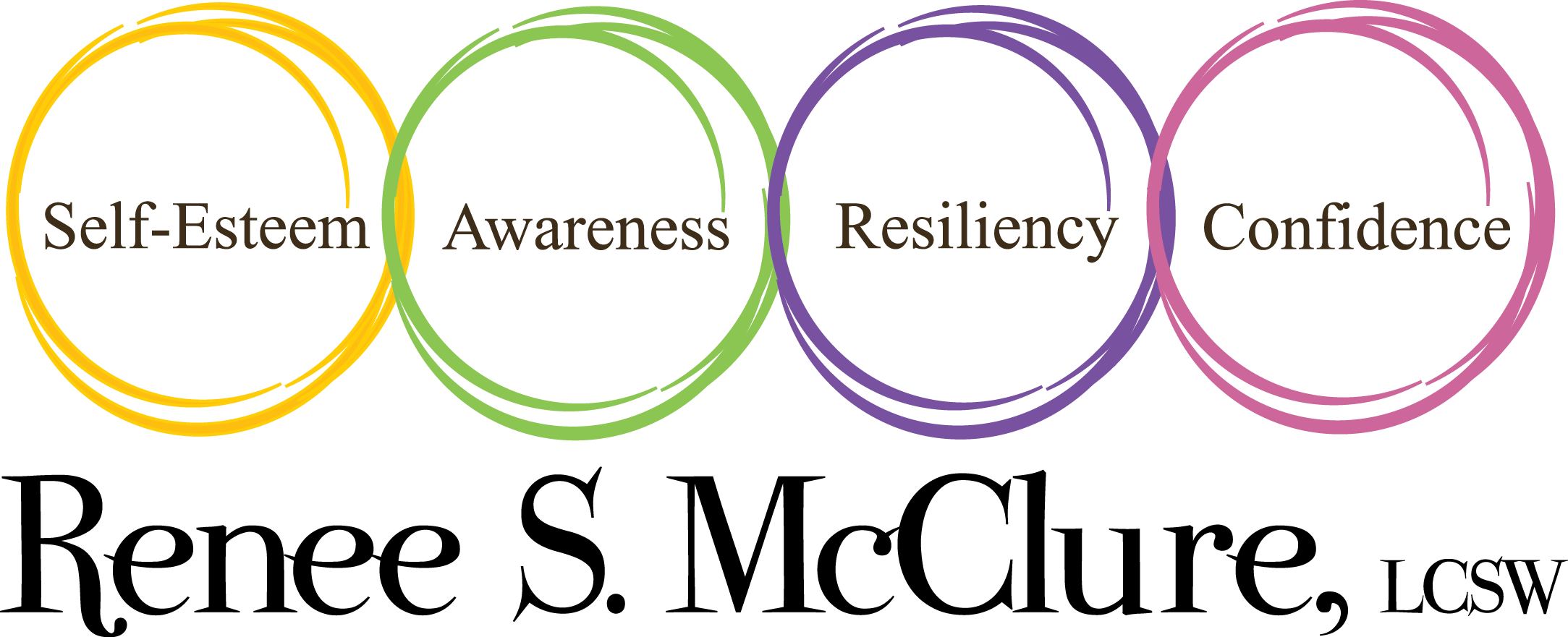3 Things All Kids with Anxiety Really Need
We are now far enough into the new school year that the honeymoon associated with new possibilities is over. We are being confronted with both new and old sets of situations that add to our anxiety and that of our kids.
Most often I get calls from parents asking if I can just give their children a few coping strategies so they can get through whatever might be making them anxious. Absolutely I can, but let’s talk about what kids really need if we want them to truly master their anxiety.
1. Their anxiety explained to them
Most kids don’t understand why they are feeling the way they do. Most know that they are uncomfortable and may be able to tell you what causes it but can’t understand why. It might seem silly to them and they feel embarrassed. Most kids with anxiety don’t think anyone really understands which can make it hard for them to talk about.
Often times they don’t even know they have anxiety. They are so used to feeling a certain way that begin to think it is normal, coming up with their own maladaptive coping strategies that in the long run are self-defeating.
Explaining to them in an age appropriate way what anxiety is and how it functions can immediately decrease their stress. Understanding that anxiety is a feeling that is designed to keep us safe and that everyone feels it from time to time is a good start to help normalize the feelings of anxiety. Letting them know that in their case it is just over functioning and that it’s ok. They can learn to manage it no matter how overwhelming it can feel.
2. Understanding that they are not alone
Many of the teens and young women that I see feel very embarrassed about the anxiety that they feel. They don’t want anyone to know what they are feeling or what they do to try to manage their anxious feelings on their own. They truly feel no one will understand and are very hard on themselves.
Letting them know they are not the only one that feels the way they do or do the things they do to try to manage what they are feeling can be a revelation. Realizing that they are really not as strange or hopeless as they think they are helps them to finally take a breath and see that hope is possible. It takes some of the pressure off and allows them to be more kind to themselves so they can start looking for and be open to a solution. It also allows them to tap into their sense of humor which can alleviate the negative thoughts they may have about themselves.
Having them talk to someone who has been able to successfully manage their own anxiety is a huge help. Having had my own experience with anxiety as a child and as an adult goes a long way with the girls that come to see me. The look on their faces when they finally feel understood and the change in the way they walk out my door filled with hope that anxiety will not always keep them hostage is priceless.
3. Self-Awareness
Getting some awareness on what their own anxiety looks like and how it shows up is crucial. Being able to identify the behavior and actions they engage in when they are anxious as well triggering words or situations can help them stay ahead of their anxiety or manage it better when they notice what is happening. It is only when they understand what they are working with that they can start to consciously start using the many tools that are available to them and see which ones are the most effective for them.
Unfortunately, there is not magic skill to help our kids manage their anxiety independently. Without some education, self-compassion and self-awareness they have a hard time using the skills you can easily find on the internet or in books that offer 100+ skills. Helping them understand the anxiety they feel, learning they are not alone and knowing how it shows up for them is the basis of long term management of their anxiety and the confidence to handle whatever comes their way.

